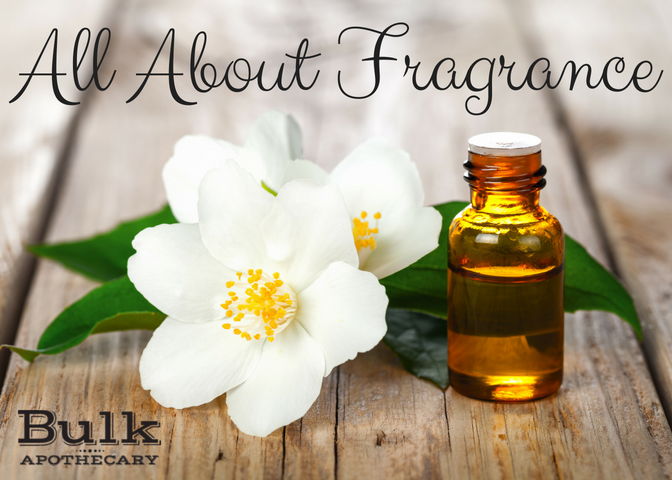
ol·fac·tion
älˈfakSHən,ōl-/
noun
technical
- the action or capacity of smelling; the sense of smell.
The olfactory system is complex and still being studied in-depth by scientists. What we do know: Neurotransmitters carry the olfaction into the limbic system of the brain, the temporal lobe and the hypothalamus – where emotion lies.
Simply put, pleasant fragrances trigger emotional effects. Be it a romantic attraction or a scent that conjures up a childhood memory, most of us have a scent that can transport us to another and often happier place.
For me, it is the scent of Flex™ shampoo, which was launched in 1971 and remained popular throughout the 1970s and 80s. It had notes of balsam, vanilla and maybe a just a tinge of citrus. My father absolutely refused to use any other brand of shampoo, and in the 2000s when we realized it was being phased out, I would scour the local drug stores to gather any remaining bottles I could find. He was certainly stuck in his ways, but I knew how much he loved that scent, so I obliged as any daddy’s little girl would.
Fast forward to present day. Digging around in the bathroom closet looking my first aid kit, I spotted that familiar green bottle hidden all the way in the back. The lid is covered in a bit of dust, the remaining shampoo in the bottle has discolored, but I don’t care. I quickly swipe it up, flip the lid and put my nose above it. In that moment, the familiar, nostalgic scent transported me back to a place when my dad was still alive. I could almost feel his arms around me, giving me a big hug. It was such an intense moment that I forgot what I was looking for in the first place! Since his hair always smelled like Flex™, it was a fragrance association that I wasn’t even aware of until after his passing.
With over 300 fragrances, we often get questions from customers asking for more information about these products. Understandably so, because surprisingly, there is a lot to learn! What is the difference between a fragrance oil and an essential oil? What exactly is an essential oil, anyway? Can they be blended? Does one last longer than the other? What are the ingredients? How much should I use?
Whether your venture is in soapmaking, using fragrance for perfume or to diffuse in your home, we are here to help you learn all about fragrance.
Fragrance Oil
Fragrance oils are revered because they are scents that you simply will never find in nature. From unique scents to high-end perfume & cologne copycats, the possibilities are almost endless. The great thing about fragrance oils is that they offer a consistent scent batch to batch because fragrance oils are mainly comprised of lab-created elements. Many customers opt for this type of oil since they are typically more affordable than natural fragrance oil or essential oil. I’ve never smelled a plant that smells like Ramen Noodle Soup (our version) – have you? [Side note: it really does smell like the chicken flavored seasoning that comes in the foil packet, no joke!]
I love fragrance oils because I can blend them to create my very own individualized scents. For more information on how to blend fragrances that compliment each other, please check out our blog post about combining scents by using the fragrance wheel.
The Good:
Consistent
Variety of choices
Scent less likely to fade
The Not-So-Good:
Deemed safe by IFRA but ingredients are unavailable
Does not fit “all natural” business model
All-Natural Fragrance Oil
All-natural fragrance oils are composed of aromatic isolates from nature and essential oils. Much like essential oils, these fragrances have zero additives or unnatural elements. You may be surprised to find out how some of these natural scents are derived! For example, anywhere from flower petals and seeds to twigs and beaver castor sacs (seriously – it gives fragrances a berry-like scent), these compounds, believe it or not, can mingle together to make for an exemplary fragrance experience.
All natural fragrance oils are perfect for people who want to avoid using synthetic ingredients in their product but would still like to maintain a variety of scent other than those strictly distilled from plants. Natural fragrances offer a bit more variety than essential oils because of the various natural elements within their composition.
The Good:
Consistent
All natural
Ability to blend
The Not-So-Good:
Higher price point
Sometimes not as strong as synthetic fragrance
Standardized/Industrial Essential Oil
Standardized/Commercial essential oils are sometimes referred to as “nature identical” and they maintain a consistent aromatic profile. They have been altered from their natural state by adding, removing and combining aromatic elements from other natural sources. With today’s technology, scientists are able to isolate the desired aromatic constituents within the oil. These components are acids, alcohols, aldehydes, coumarins, esthers, esters, ketones, lactones, terpenes, oxides and phenols.Many companies in the personal care industry opt for standardized essential oils because it allows them to offer their customers an all-natural product while still keeping a more affordable price point for the business and consumer alike.
A perfect example of this would be our Lavender 40/42 essential oil. The “40/42” refers to the balance of Linalool and Linalyl acetate esters, which are what gives the oil a consistent scent. It has a balsamic woody undertone with a floral, herbaceous fresh scent.
The Good:
Consistent
All natural
More affordable than therapeutic grade
The Not-So-Good:
Limited selection
Essential Oil
Essential oils are pure and most commonly steam distilled or cold pressed and contain no additives. For example, it takes approximately 250 to 300 lbs. of lavender to make just one pound of lavender essential oil. The same amount of peppermint leaves is required to produce one pound of peppermint essential oil. That’s a lot of plant matter for just one 16 oz. bottle!
Essential oils maintain moderate consistency in fragrance from crop to crop, but may slightly vary. The reason? We are dealing with a 100% natural, pure product from Mother Nature herself! It is pertinent to understand there may be several variables that affect not only the scent, but also the price of the essential oil – market prices fluctuate, bad crop, harvest and availability will all play a role into the cost. Despite these two factors, the essential oils will always maintain the same therapeutic properties.
Some companies will encourage you to ingest these essential oils, claiming remarkable health benefits. So… let’s go back up two paragraphs. If there are 250 lbs. of peppermint leaves in that one pound bottle, that equals 15 lbs. of plant matter per 1 oz. So, essentially, (see what I did there?) that little 15 mL bottle contains approximately 8 lbs. of peppermint leaves. Now think about the sensitive mucous membranes in your mouth, throat and digestive track. Do you see how this could be a recipe for disaster? Essential oils have incredible potency and unfortunately, they are not FDA regulated at this time. Unfortunately, many people have experienced injury or illness due to essential oil misuse.
It is important to work closely with a physician and aromatherapist if you choose to use essential oils in this manner, but we strongly advise against it. Bulk Apothecary sells its essential oils for cosmetic use only.
The Good:
All natural
Aromatherapy benefits
100% Pure
The Good:
Slight batch variations
Higher price point
Scent may not hold well in some applications
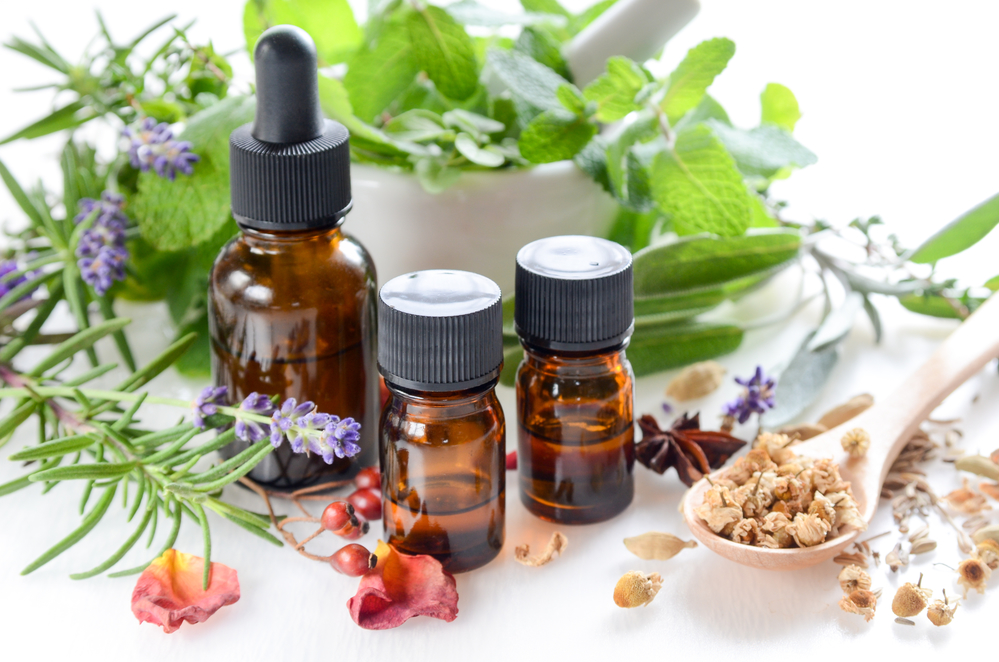
There is still so much to learn about these products – so much that we hope you will be tuning in each week for our Fragrance Friday. We will be covering topics about fragrance applications, usage rates, blending, aromatherapy benefits, staff reviews of our scents and more. What questions do you have about fragrance oil? Is there a particular fragrance you’d like to learn more about? Drop us a note in the comments below!
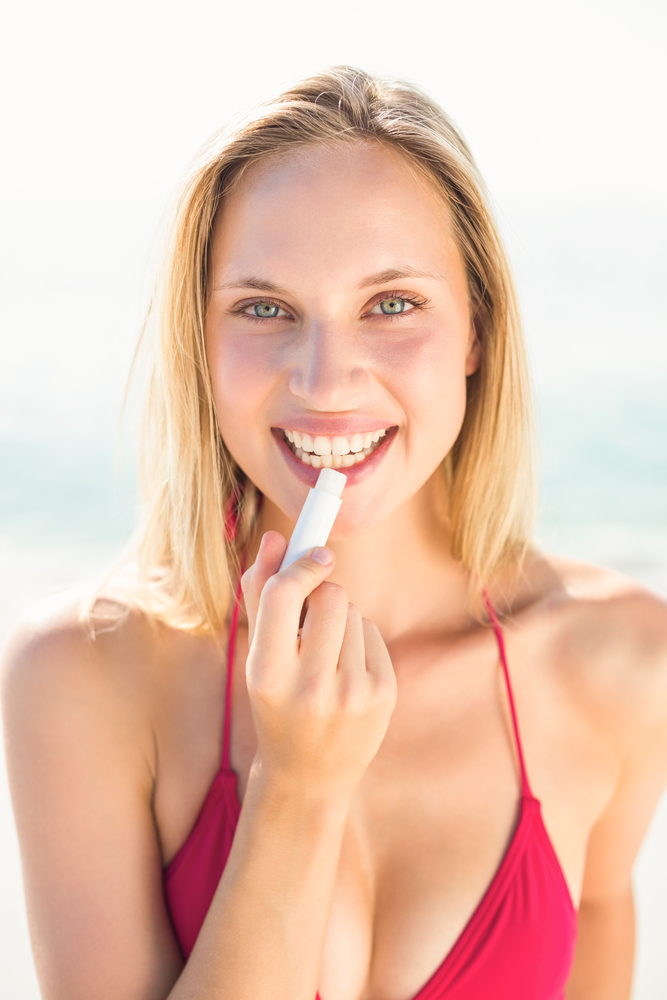
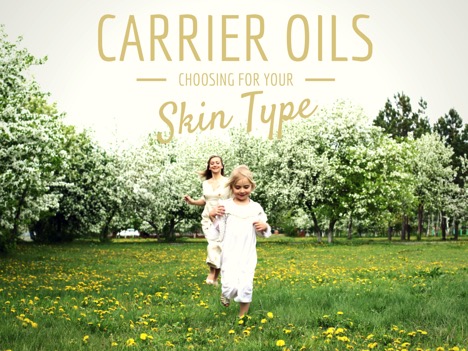
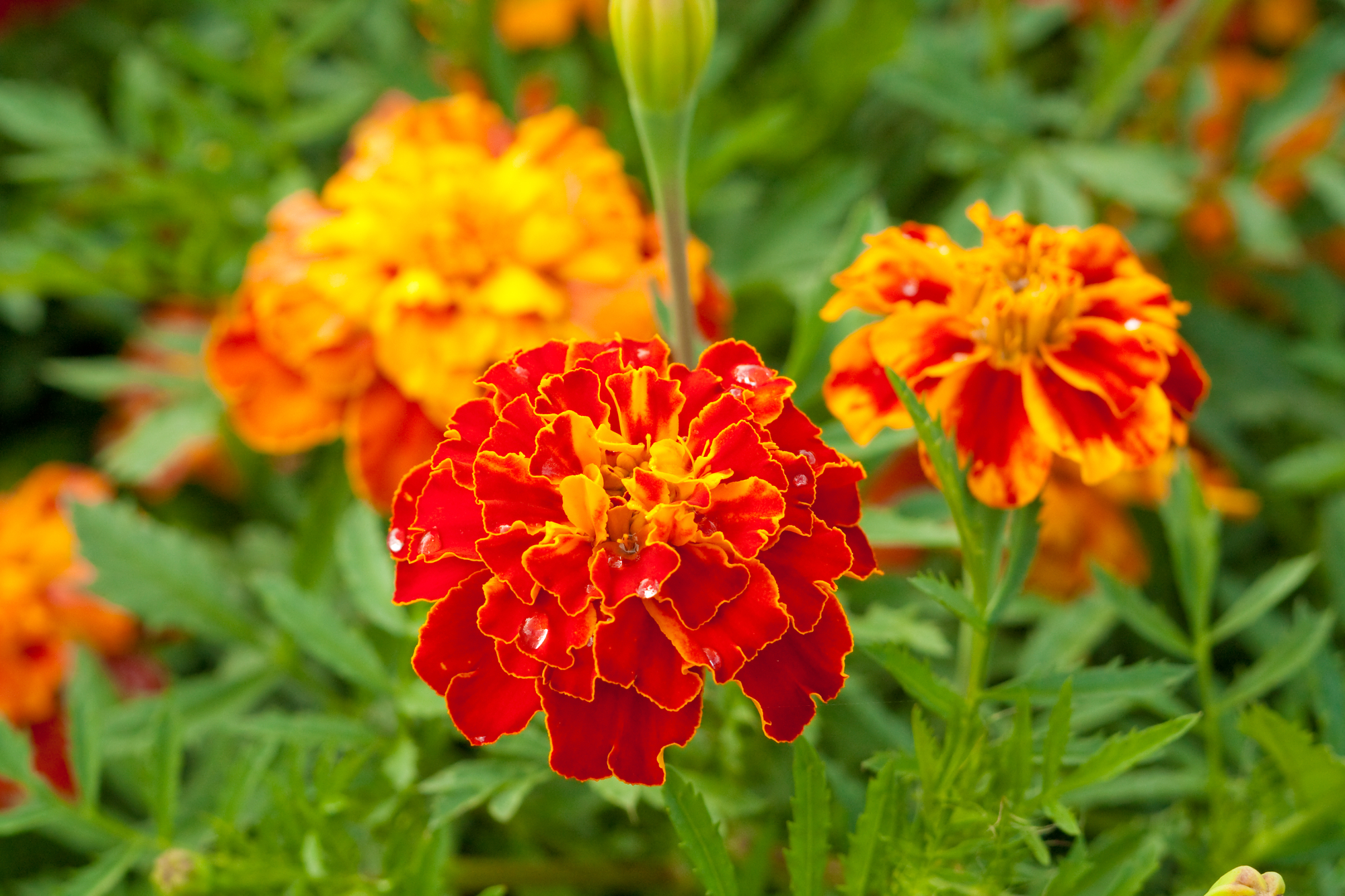
I absolutley love this article! It’s so informative and witty! Kudos to whoever wrote this!!
Thanks, Mr. Butts!
Interested in learning more about patchouli, sandalwood, lemon, pine, jasmine, myrrh, lavender, frankincense, mugwort, and rose.
Thanks for letting us know! We will be sure to cover those in our upcoming posts.
It would be nice if your website touched on things on the pages that could be linked to the answers in the blog. For example, I went through your different natural fragrances looking to see what makes them natural, if they aren’t essential oils. I finally hit upon your blog. Great information. I just wish it would have been linked to the shopping page I was on.
Thanks for the feedback; we’ll use it to improve the quality of service offered.
Hi there! I love your oils and am trying to decipher which ones are ‘fragrance oils’ and which ones are ‘all natural fragrance oils’. Some of the ones I recently received say ‘100% Pure Fragrance Oil’. What does that mean? Is that considered a ‘natural fragrance oil’? Or does it need to say ‘100% Natural Fragrance Oil’? What does the ‘Pure’ mean? Thanks so much!
Glad you like the oils; pure means that the fragrance is not diluted with anything and it is refined for impurities. You are correct, it would need to say Natural Fragrance Oil to be considered all natural, since most of he fragrances we sell are synthetic.